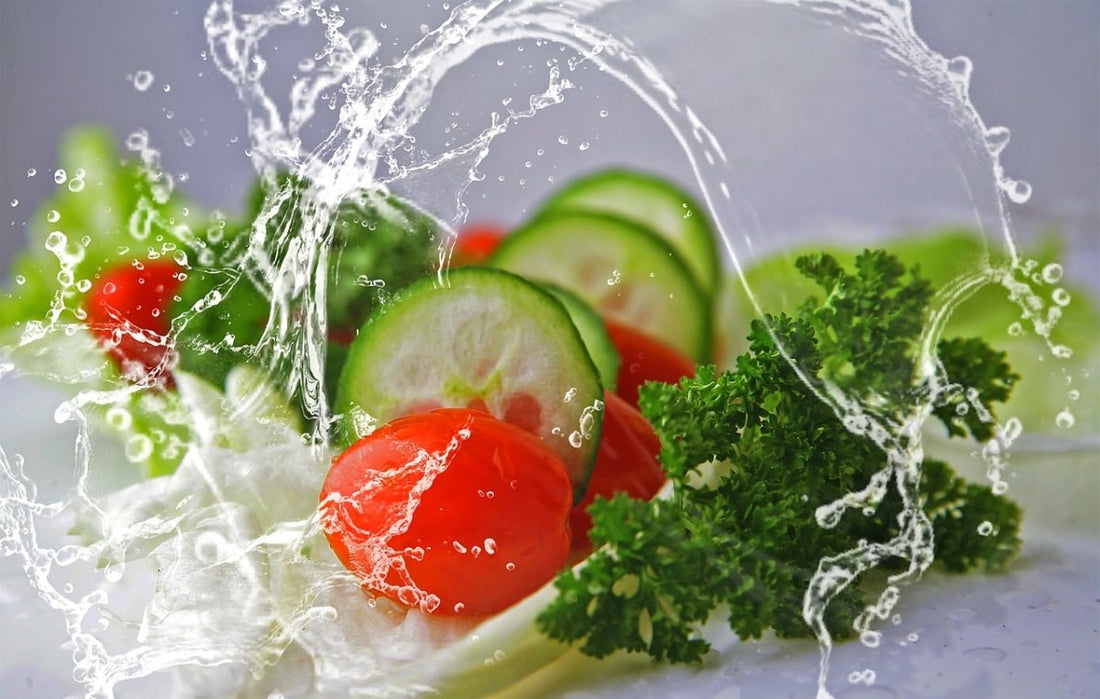
The Anti-Cancer Diet: A Nutritional Approach to Wellness
Share
The relationship between diet and cancer prevention has long been a subject of exploration in the realm of nutrition. Michael S. Donaldson's article, "Nutrition and Cancer: A Review of the Evidence for an Anti-Cancer Diet," consolidates insights from an extensive review of 238 published articles on the topic.
The findings are compelling, suggesting that lifestyle and diet alone can prevent 30-40 percent of all cancers. This blog delves into the key takeaways from Donaldson's research, emphasising the potential role of wheatgrass juice in an anti-cancer diet.
The Impact of Lifestyle and Diet: Donaldson's comprehensive review suggests that adopting a specific diet can significantly reduce the risk of various cancers. Lifestyle choices, particularly dietary habits, play a pivotal role, with the potential for a 60–70 percent decrease in breast, colorectal, and prostate cancers, and a 40–50 percent decrease in lung cancer. The prospect of cancer prevention and even reversal through dietary modifications is a powerful motivator.
Identifying Cancer-Causing Factors: The article identifies key factors contributing to cancer, including obesity, nutrient-depleted foods, low fibre intake, red meat consumption, and an imbalance of omega-3 and omega-6 fats. Recognising these factors sets the stage for developing an anti-cancer diet.
Components of an Anti-Cancer Diet: Donaldson outlines elements crucial for an anti-cancer diet, incorporating flaxseed, fruits, vegetables rich in chlorophyll, onions, garlic, and cruciferous vegetables. Protective elements such as selenium, folic acid, vitamin B12, vitamin D, antioxidants, digestive enzymes, and probiotics are highlighted.
Wheatgrass Juice: A Nutritional Powerhouse: Wheatgrass juice is celebrated for its abundance of vitamin E, vitamin A, B12, B5, chlorophyll, and other essential nutrients, presenting a convenient and effective means of integrating these vital components into daily consumption.
Wheatgrass contains a high amount of chlorophyll that helps maintain haemoglobin content in the blood. It is also rich in antioxidants and some studies have shown that it can help reduce cancer cells.
One study concluded that wheatgrass extract decreased the spread of mouth cancer cells by 41%. Another test observed about 65% cell death and diminished leukaemia cells within the first three days of treatment using wheatgrass.
Putting the Plan into Action: A practical suggestion for incorporating vegetables and fruits into your daily routine , is to combine them in a vegetable smoothie.As we navigate the complexities of cancer prevention through nutrition, Donaldson's research points to the profound impact of a thoughtfully curated anti-cancer diet. The journey towards wellness unfolds through mindful dietary choices, and embracing an anti-cancer diet becomes a proactive step towards a healthier, revitalised life.
To order your nutrient rich superfood juices visit our shop here today.
As per 1st January 2010 European and UK law forbid us to imply or claim non-drug products such as wheatgrass to be a treatment, cure or prevention of diseases or medical conditions. We comply with these regulations.
While we personally use Britt's Superfoods products to pursue excellent health, we are not, nor do we represent ourselves to be medical or health care professionals and expressly make no guarantee as to any health or medical benefits obtained by the use of wheatgrass juice.

